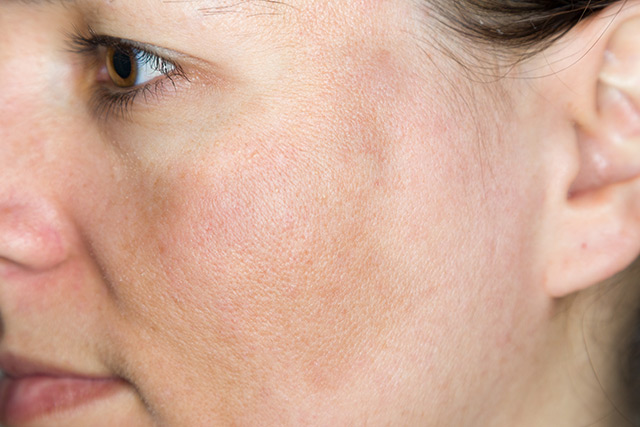Set them up for success: Teach your kids these 7 healthy habits for their long term well-being
12/17/2017 / By Ralph Flores

As parents, we want nothing more than the best things for our children. That’s why we start them young: We start saving up for their college, we put them in the best schools we know or even set them up to learn a skill or two that they may use when they grow up.
Experts at the non-profit group Scripps Health in San Diego have listed seven healthy habits that will get your children started on the path to well-being.
Keep it positive. “Helping your children develop a positive attitude can greatly contribute to their well-being throughout their lives and help them build resilience,” says Dr. Kimberly Leek, a pediatrician at Scripps Clinic, Santee. “Tell kids what they can do, not what they can’t, and celebrate successes.”
Studies have also shown that children with a positive outlook have a long-term advantage over those who do not. The American Psychological Association, in a study, states that teaching children to have resilience, positive emotions, and a sense of purpose will help them curb depression, maintain a positive outlook on life, and improve their capacity to learn.
Limit screen time. Children are growing up glued to a screen: Be it their computer, their smartphones, or television. Experts at Scripps also suggest encouraging play time for children as extended periods of exposure to media can lead to a sedentary lifestyle. Moreover, a research conducted by the University of British Columbia concluded that playing outdoors as children can be a good way to instill in them a love of nature and the environment, with 84 percent of participants who played outside as children indicating that taking care of the environment was one of their priorities.
Read with your child every day. This should not come as a surprise: Experts say that reading with babies and children are key factors in building language, literacy, and social-emotional skills that are important at this stage of development. The American Academy of Pediatrics published a study indicating that reading with your children will improve their vocabulary and reading skills for when they start going to school.
Make meals a colorful collage. According to experts at Scripps Health, meal times need not be a dreary affair by putting a splash of color in their plates. It is also a way to help them eat healthy too – as this brightly-colored food can be fruits and vegetables in season. Studies have also shown that preparation method and serving style can have long-term effects on a child’s eating behavior, especially when it comes to vegetables.
Eat breakfast. A balanced breakfast with protein is a sure-fire way for your children to have a good day. Studies have also correlated breakfast with academic behavior. A study published in the National Institutes of Health stated that a regular, healthy breakfast is beneficial to a child’s academic performance, especially for younger children.
Enjoy physical activities. The American Heart Association (AHA) lists physical inactivity as a contributing factor to the development of heart disease later in life. Likewise, increased physical activity in children can reduce the risk of cardiovascular disease, diabetes and obesity. The AHA suggests at least 60 minutes of fun, moderate-intensity activity each day for children. Parents should also take part in these activities and function as role models.
Read food labels. Educate your children about proper nutrition by taking the time to read food labels together. Focus on important aspects of the label such as the amount of sugar, saturated fat, calories and serving size. (Related: Children have pitiful knowledge of where food comes from.)
Learn to live the natural way. Follow Natural.news and find out how you and your family can live a healthier life.
Sources include:
Tagged Under: child care, children's health, exercise, family, family time, food labels, healthy habits, healthy living, nutrition, physical activity, television




















